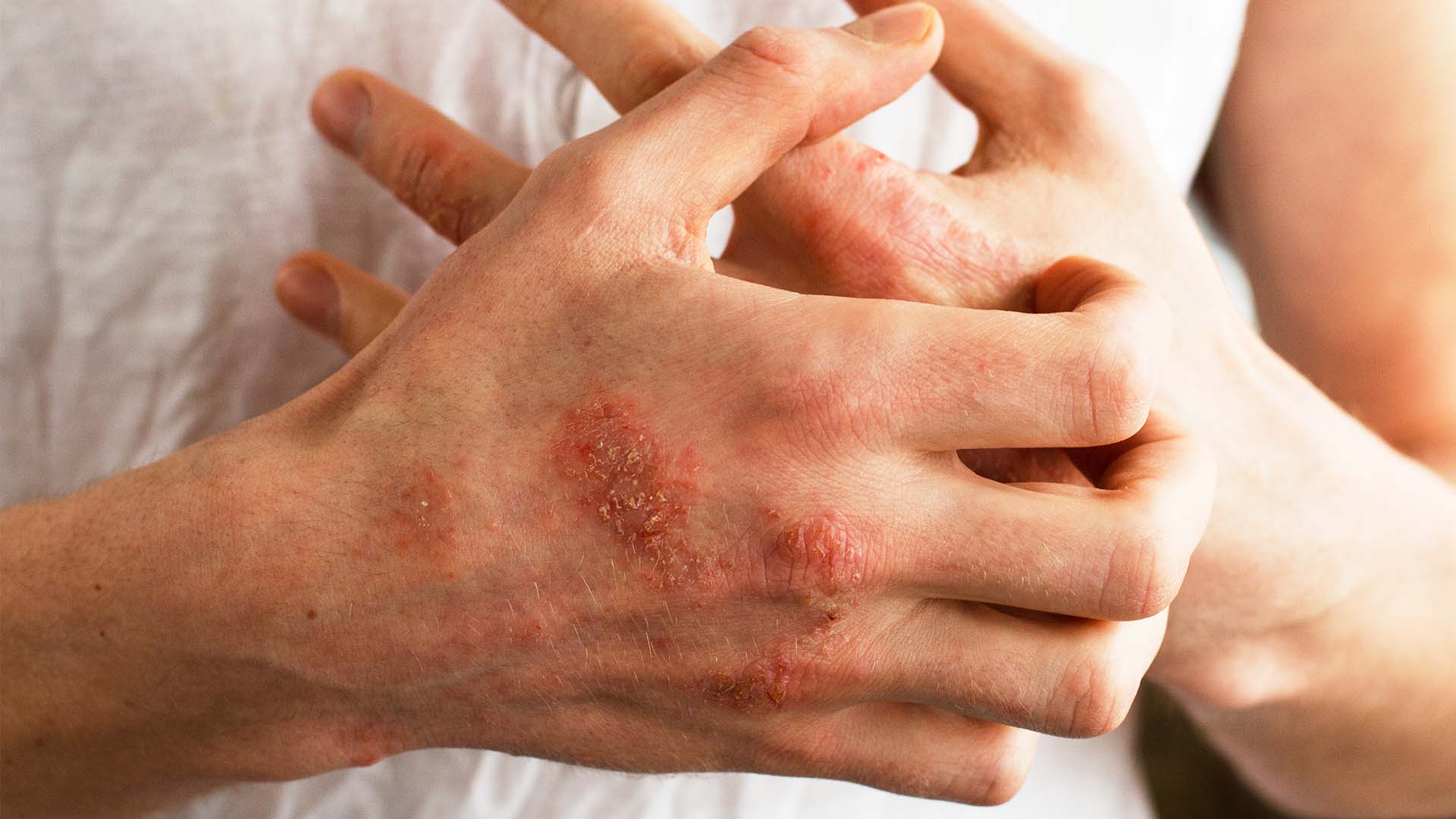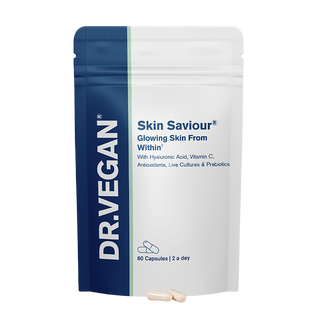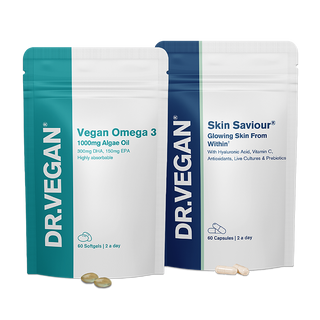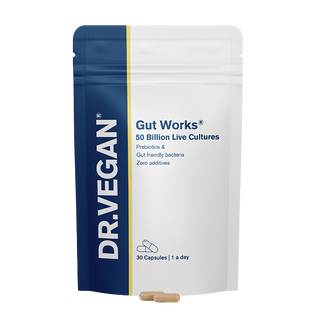Natural ways to decrease signs of Eczema

Eczema, also known as 'atopic dermatitis', is a chronic inflammatory skin condition affecting millions of people worldwide. According to the National Eczema Society, 1 in 5 children and 1 in 10 adults in the UK are affected by eczema, and up to 30% of Americans suffer from eczema, particularly during childhood and adolescence. Eczema is characterised by red, itchy, inflamed skin patches that can be uncomfortable and painful. However, it is the itch that most people find hardest to deal with.
Our experts explain the causes and triggers of eczema, signs of eczema and natural treatments to prevent eczema. You may also be interested in the latest skin research.
Causes and triggers
Eczema is generally believed to be caused by an overreaction of the immune system and the body's histamine response. Eczema is often accompanied by conditions such as allergies, asthma and hay fever which are similarly triggered by an overreaction of the immune system and an excessive histamine response.
What's your diet missing? Create your free Diet Profile.
There are certain triggers that can worsen eczema signs, including:
- Allergens: common allergens that can trigger eczema include pet dander, pollen, mould, dust mites, and certain foods like dairy, eggs, nuts, and wheat.
- Irritants: exposure to irritants like harsh soaps, detergents, fragrances, and certain fabrics can lead to eczema flare-ups.
- Climate and temperature changes: Extreme weather conditions, such as hot and humid climates or cold and dry winters, can worsen eczema symptoms.
- Stress: emotional stress and anxiety can play a significant role in triggering eczema flare-ups. Some foods can help our body deal with stress more effectively, in addition supplements such as Stay Calm™, can help you cope with stress.
- Gut health: eczema also has a close link with the health of the gut and the number and type of probiotics in the gut. Learn more about the link between your gut and skin.
Signs of eczema
Eczema manifests itself in various ways and can affect different parts of the body, from the face to the limbs, hands and feet. Eczema on the lips is also a common problem. The common signs of eczema include:
- Dry and itchy skin: eczema often results in dry, scaly skin that becomes intensely itchy, leading to scratching and potential skin damage.
- Redness and inflammation: affected areas may exhibit redness, inflammation, and swelling, making the skin appear irritated.
- Skin rash: eczema commonly presents as a rash characterised by small bumps that may ooze or crust over when scratched.
Eczema may also cause a dry and itchy scalp, read our top tips for combatting a dry scalp.
How to prevent eczema
Here are some measures that reduce the occurrence and manage signs of eczema. You may also enjoy reading the best foods and vitamins for healthy, glowing skin.
1. Moisturise regularly: keep your skin well-moisturised using hypoallergenic, fragrance-free moisturisers to prevent dryness and itching.
2. Identify and avoid triggers: pay attention to potential triggers and avoid them as much as possible. This could involve eliminating certain foods, using gentle soaps and detergents, and minimising exposure to known irritants.
3. Maintain a healthy lifestyle: adopt a balanced diet rich in nutrients, exercise regularly, and practice stress management techniques to promote overall well-being and reduce the risk of flare-ups.
Skin Saviour®

Natural ways to treat eczema
Can eczema be cured naturally? While eczema is difficult to cure completely, and although an individual may always have a tendency towards eczema, there are several natural eczema treatments that can help manage eczema symptoms, including treating eczema on the face. Here are a few natural approaches to consider. If you're experiencing consistently bad eczema, you consider using these interventions consistently even in the absence of a flair-up.
Oatmeal baths
Adding 'colloidal oatmeal' to your bathwater can help soothe and moisturise the skin, reducing itchiness and inflammation.
Coconut oil
Apply organic, cold-pressed coconut oil to affected areas to moisturise and alleviate dryness.
Aloe Vera
The gel from aloe vera leaves has soothing and anti-inflammatory properties. Applying it topically can provide relief and promote healing.
Probiotics
Consuming probiotics can help rebalance the gut microbiome and reduce signs of eczema. Probiotics produce a substance called short-chain fatty acids (SCFA). This is absorbed by the gut and has a beneficial influence on skin health. Having the right level of probiotics in the gut also helps to regulate the body's inflammatory response, which then helps to reduce inflammation of the skin.
The health of the skin is a direct reflection of the health of the gut. So, although using topical treatments can help to help solve the problem in the long term, gut health needs to be addressed.
For essential nutrients that help maintain the skin's natural barrier, pair DR.VEGAN®'s award-winning Gut Works® with Skin Saviour®.
Skin Health Bundle

You may also enjoy reading:
- 5 Natural remedies that may help to treat rosacea
- Why Zinc is so important for your immune system, hair & skin
- 6 tips for healthy skin
- How bad is tanning for skin health?
- 5 easy smoothie recipes for glowing skin
- How menopause affects your skin and hair
- How to get rid of acne
Discover our range of vegan vitamins and supplements.
Want to hear more from our nutritionists? Sign up to our email newsletter for insights and exclusive offers:


















